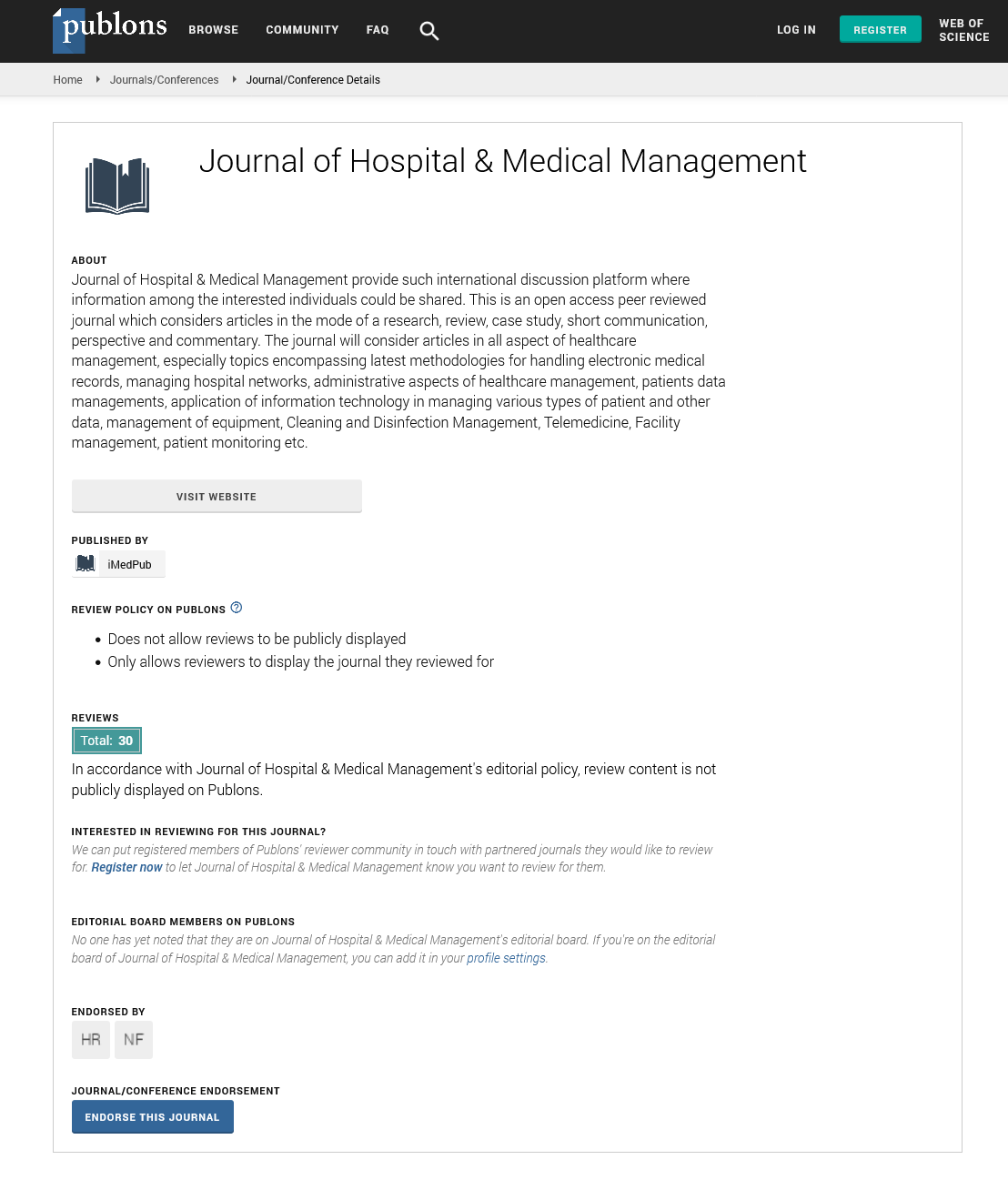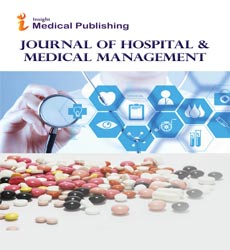Abstract
Facilitating a Positive Culture for the Disclosure of WorkersÃÆâÃâââ¬Ãââ⢠Disabilities within a Higher Education Institution
Background: Within the UK, an individual is disabled if he or she has an impairment that has a substantial and long-term negative effect on their ability to undertake daily activities. Once a disability is disclosed the employer has a legal duty to make reasonable adjustments at work for the employee (there are similar requirements in the EU and the USA). However, because of the stigma often associated with disability many individuals are fearful of disclosure as they may be discriminated against. This apparent fear seems to be reflected in the disability disclosure rate for English universities, which in 2014 was 3.9%.
Aims and Objectives: This action research study aims to encourage a disability friendly culture so that the disability disclosure rate within an English higher education institution can be improved upon. This is achieved through the provision of a volunteer social intervention program that enables workers to make an informed decision regarding disclosure; and enables co-workers, supervisors, and managers to explore their responsibility towards disabled staff in the workplace.
Method: A pilot intervention program has been initiated. This includes the provision of a confidential peer to peer support service for disabled staff; and a series of disability awareness seminars for co-workers, supervisors, and managers. A mixed methodology is used to evaluate these interventions. This includes a qualitative analysis of reported cases and a quantitative analysis of responses to a participant satisfaction survey.
Results: Feedback from users of the peer to peer support service and those who participated in disability awareness seminars has confirmed the effectiveness, relevance, and suitability of the pilot intervention program.
Discussion: The trustworthiness of the study is confirmed. Limitations are also highlighted. It is accepted that the results of the pilot study should be treated with caution as participating numbers are low.
Conclusion: The research team have been able to confirm the potential of peer to peer support and disability awareness in establishing a disability friendly culture for the institution. However, at this stage no attempt has been made to establish cause and effect. Therefore, further empirical evidence is needed to confirm the benefits of this type of intervention.
Author(s):
Malcolm Day
Abstract | Full-Text | PDF
Share this

Google scholar citation report
Citations : 319
Journal of Hospital & Medical Management received 319 citations as per google scholar report
Journal of Hospital & Medical Management peer review process verified at publons
Abstracted/Indexed in
- Google Scholar
- China National Knowledge Infrastructure (CNKI)
- WorldCat
- Publons
- International Committee of Medical Journal Editors (ICMJE)
Open Access Journals
- Aquaculture & Veterinary Science
- Chemistry & Chemical Sciences
- Clinical Sciences
- Engineering
- General Science
- Genetics & Molecular Biology
- Health Care & Nursing
- Immunology & Microbiology
- Materials Science
- Mathematics & Physics
- Medical Sciences
- Neurology & Psychiatry
- Oncology & Cancer Science
- Pharmaceutical Sciences


